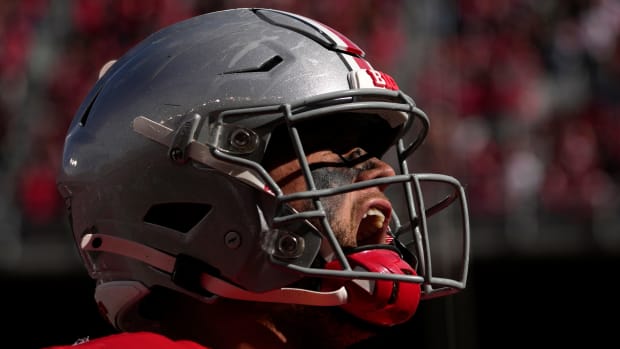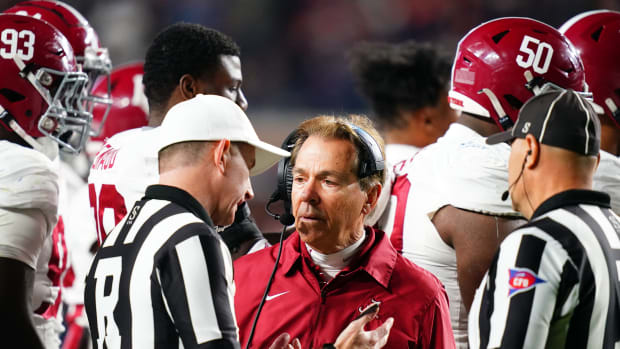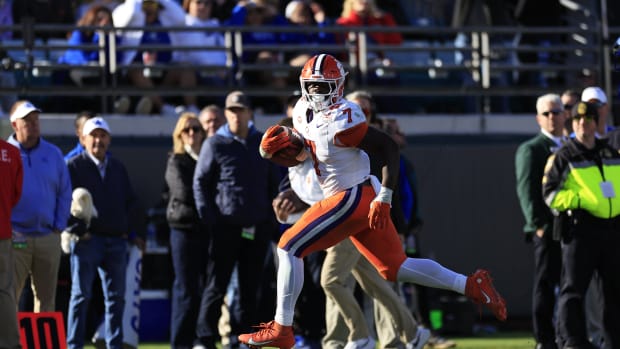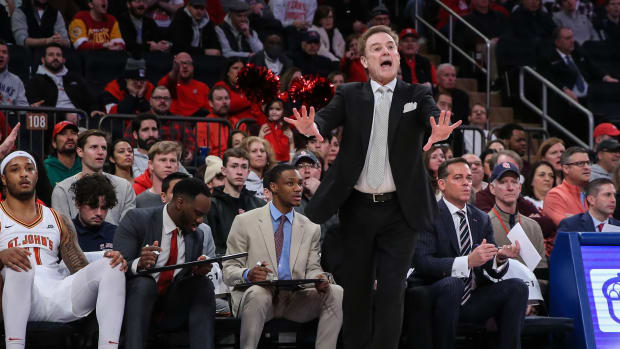
FTC Compliance Crucial for Student-Athletes Eyeing NIL Deals
With the continued absence of federal NIL legislation, a common misconception is that there are no federal laws relevant to NIL deals; however, that could not be further from the truth.
The Federal Trade Commission (FTC), a federal agency that enforces laws related to consumer protection and business competition, has strict guidelines that apply to influencers and student-athletes engaging in endorsement deals.
In addition to NCAA rules, state laws, and university policies, it is important for student-athletes to be educated on the FTC guidelines. It only takes one non-compliant social media post to put a student-athlete at legal risk.
The FTC's "Disclosures 101 for Social Media Influencers" document (the "disclosures document") outlines several key requirements that student-athletes must follow when endorsing a brand on social media:
1. The student-athlete must make honest statements about the brand's product or service.
This requirement is straightforward. According to the disclosures document, "[i]f you’re paid to talk about a product and thought it was terrible, you can’t say it’s terrific."
Student-athletes are often provided pre-made scripts by brands, telling them exactly what to say or write on social media. As a student-athlete, if you are not comfortable making certain claims about a product or service on behalf of a brand, do not say it.
2. The student-athlete must have personally used the endorsed product or service.
In essence, a student-athlete must have used the brand's product or service enough to truthfully support their statements.
3. The student-athlete must disclose their relationship with the brand and signify to the public that the social media post is a paid advertisement.
When a student-athlete has a financial, personal, employment, or family relationship with a brand, they must disclose the relationship to the public. Financial relationships extend beyond money and can include anything of value, such as when a brand provides free or discounted products to a student-athlete in exchange for a social media post.
The disclosures must be included in the endorsement post by using unambiguous terms such as "advertisement," "ad," "sponsored," or any message that clearly indicates the financial relationship between the brand and student-athlete.
As more student-athletes engage in social media endorsements, it is important for them to be educated on FTC regulations. This guidance should come from trusted sources, such as university staff, agents, and lawyers working on behalf of the student-athletes.




